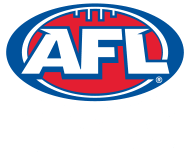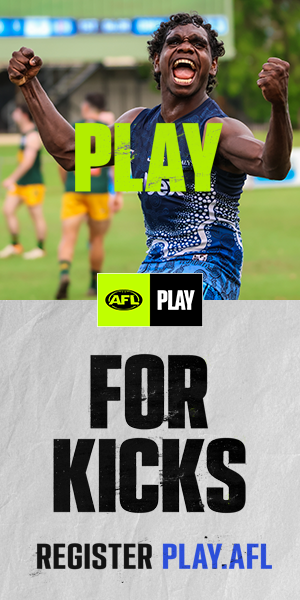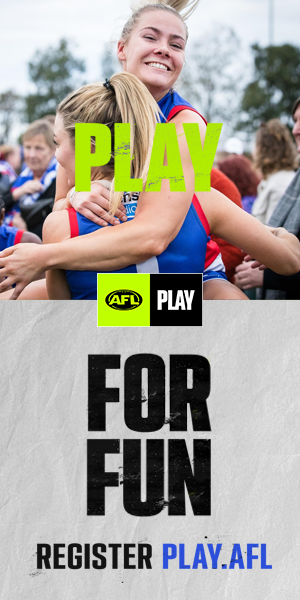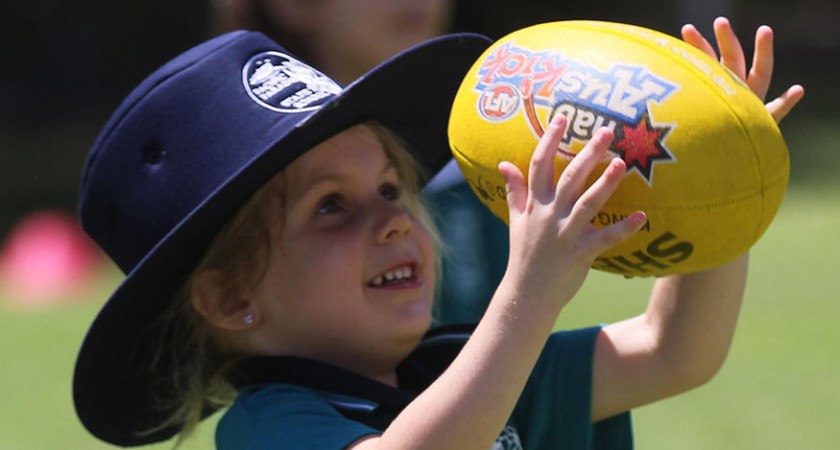AFL Queensland is on track for another bumper year in 2015, with participation figures showing just over 14% growth at the halfway mark.
141,261 boys, girls, men and women have participated in Australian football programs and competitions, compared to 123,490 this time last year.
Female football continues to grow at a rapid rate, with a remarkable 31 new female community clubs formed so far this year; 20 more than forecast.
The AFL’s social game, McDonald’s AFL 9s, has grown by 10% and Queensland looks set to maintain the mantle of having the highest school participation in the country, with 93,765 boys and girls pulling on the boots, an increase of 22.3%, year-to-date.
AFL Brisbane Juniors has also clocked record numbers. Registrations are up from 7,075 to 7,299, and with season 2015 far from over that number looks set to rise.
Regionally, the biggest growth has been reported on the Sunshine Coast (up 32%), Brisbane North (27%) and Capricornia (23%), while the Cairns region has reported a whopping 317% growth in NAB AFL Auskick.
AFL Queensland Chief Executive Officer, Michael Conlan, said the results are testament to the AFL’s commitment to growing the game in Queensland.
“We are passionate about development at the grassroots level and are thrilled to see that we are well on our way to surpassing our 2015 participation targets,” he said.
Conlan also acknowledged the important role the Brisbane Lions and Gold Coast SUNS had played in the growth of the code.
“The launch of the Brisbane Bears in 1987, and their merger with foundation club Fitzroy in 1996, sparked enormous interest in the code. The club went on to play in four consecutive Grand Finals from 2000, winning three, which really ignited passion, and in turn, participation,” he said.
Conlan said the introduction of the Gold Coast SUNS in 2011 was another significant milestone for the code.
“To have two Queensland based AFL Clubs gives fans greater opportunity and incentive to watch our game in their own backyard,’ he said.
“Our goal is to ensure that Australian football is accessible to as many people as possible and the growth across all sectors of the game shows that we are well on track.”



























































